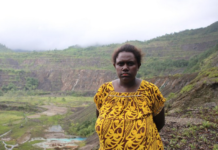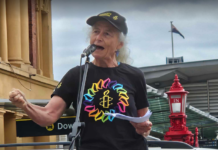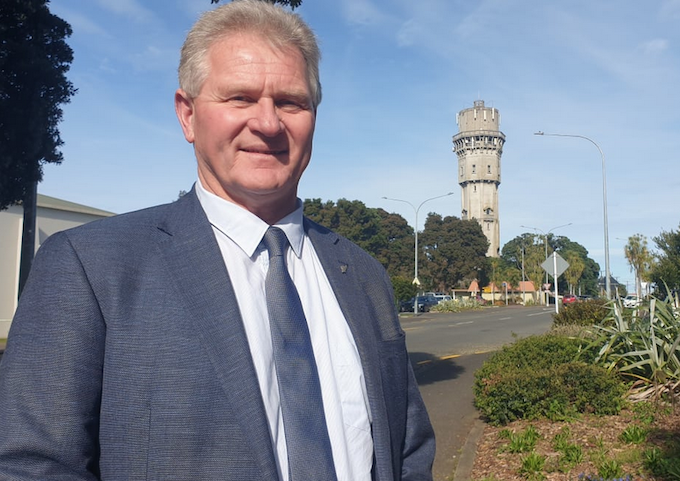
By Craig Ashworth, Local Democracy Reporter
South Taranaki’s iwi and council have drawn up a new partnership agreement just as the Aotearoa New Zealand’s new conservative coalition government plans to take an axe to co-governance.
He Pou Tikanga Partnership Strategy sets out why and how South Taranaki District Council will increase collaboration with the area’s four iwi.
The agreement was created by the council and the iwi post-settlement governance entities – Te Kaahui o Rauru, Te Rūnanga o Ngāti Ruanui, Te Korowai o Ngāruahine and Te Kāhui o Taranaki.
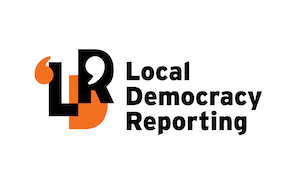
Cooperation includes not just leaders but staff from both sides working together.
The agreement says South Taranaki District Council will pay to make this happen.
“As partners to council, iwi must have a participatory role in development of agreed relevant council policy, service delivery, special projects and decision making.
“More resourcing from the council and other avenues is needed for iwi to engage and this resourcing needs to be explicit.”
Cooperation crucial
Mayor Phil Nixon said it was crucial that staff from both sides worked alongside each other.
“If we don’t do it from the ground up — which takes it right from the officers to begin with — if we’re not all on the same page working together it doesn’t work.”
The council’s iwi committee Te Kāhui Matauraura last week endorsed He Pou Tikanga for inclusion in the 2024-34 long term plan.
But just two days later the new government set out its plan to wind back co-governance with Māori, including in local government rules.
The coalition deal said the previous government’s replacement for the Resource Management Act would be repealed by Christmas.
National Environment Standards on freshwater would be also replaced, along with the National Policy Statement on freshwater “to rebalance Te Mana o te Wai to better reflect the interests of all water users”.
Those new rules introduced under Labour had required more say for iwi and hapū in council decision-making.
Replacement rules
The new Minister for Regulation, ACT’s David Seymour, said the replacement rules would instead have “a founding principle of property rights which has been absent from those laws for far too long”.
Mayor Nixon hoped the government would stick with National’s promise to support localism.
“We work well with our iwi; I think we have a really good relationship, and so it’s a matter of building on that and continuing that because I don’t want to see any of this go backwards in any way.”
The coalition agreement also demands that any Māori council wards established without a referendum — which includes two in South Taranaki — face a referendum at the next local body elections.
Nixon hopes the community will get behind the wards and the new partnership agreement.
“When we were first talking about Māori ward . . . there was a certain amount of apprehension in the community here to what it was.
“But I think now, with the way we’re progressing with it, I think the community is seeing actually this is working.”
He Pou Tikanga has taken more than three years to negotiate, and iwi representatives on Te Kāhui Matauraura were enthusiastic about its potential.
Ngāruahine’s John Hooker said iwi and hapū strategic plans could now be counted in the council’s plans.
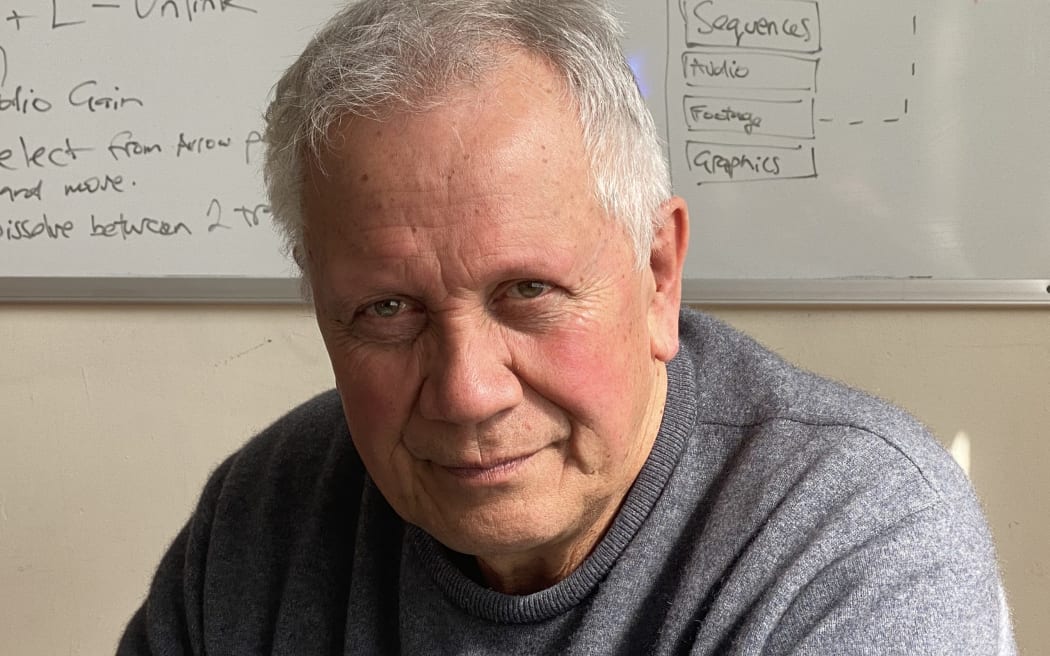
Hooker said it made sense for iwi and council planners to cooperate, and for iwi project managers “to work collaboratively with sister projects occurring at district council level”.
He said the growing trust between council and iwi was influential in Ngāruahine refocusing its asset investment back in South Taranaki.
“We’re starting to focus a lot of that investment into our district, instead of it occurring at Wellington or nationally.”
Taranaki iwi representative Peter Moeahu said He Pou Tikanga was a huge change to the antagonistic response he received from South Taranaki’s council 35 years ago.
“What we have now is financial clout and everyone wants to be our friend.
“It cements the relationship between iwi and council so that we can build a better future for the whole community.”
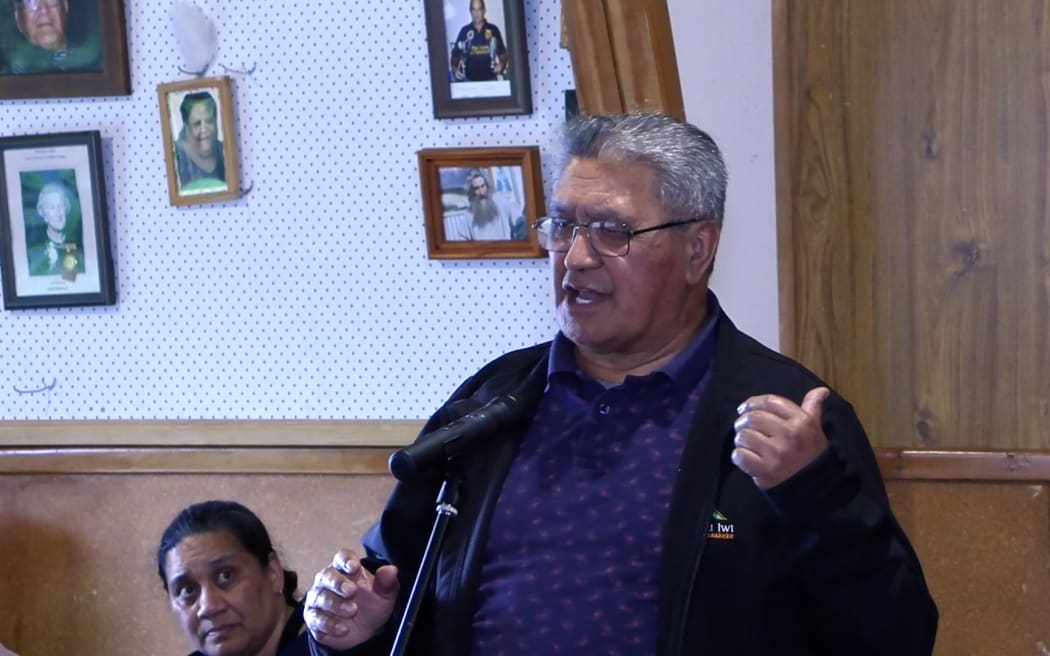
He Pou Tikanga also sets out that:
- Iwi and hapū will be involved as early as possible in decision making
- The council will build its cultural capacity
- Iwi involvement can cut consultation times and improve outcomes
- Council and iwi will work closely on climate and environmental issues
- Iwi and council will develop goals and actions in the annual planning cycle
- The strategy doesn’t negate relationships between individual iwi and the council
Local Democracy Reporting is funded through NZ On Air. Asia Pacific Report is a partner.






























